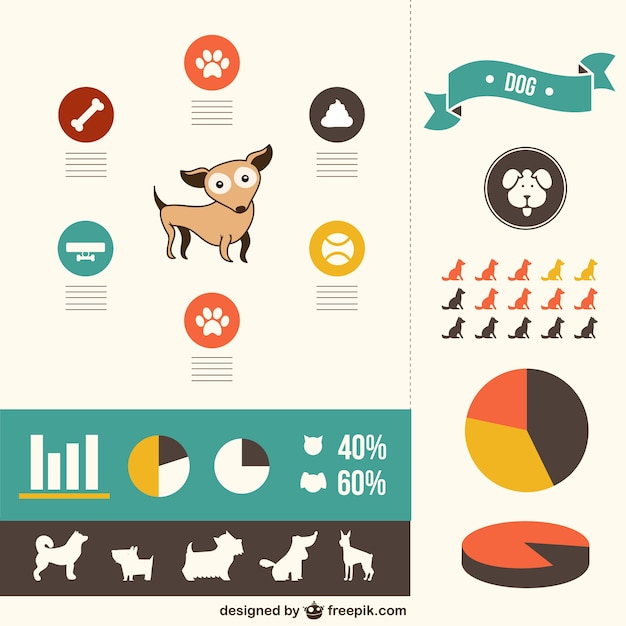Canines in daycare obtain great deals of exercise, socialization with various other pets and special experiences. This can be especially useful for pups and pets with behavioral issues.
There are a number of lawful factors to consider you need to consider when beginning a dog childcare business. These include the structure of your company and compliance with federal government guidelines.
1. Dog Distemper
Canine distemper is spread out with straight contact with the physical liquids and waste of a contaminated pet, yet it can also be transmitted via shared water and food bowls or through airborne droplets. This extremely infectious health problem is most hazardous for pups, yet it can influence pets of any kind of age and is deadly for the majority of if left unattended.
First symptoms of canine distemper often mimic a common cold, including runny eyes and nose with watery or pus-like discharge. As the disease progresses, a dog will develop fever, coughing, lowered cravings, throwing up and looseness of the bowels. The infection can likewise assault the nerve system, leading to seizures, jerking and partial or total paralysis.
Credible childcares minimize exposure to infection by requiring vaccinations, routine health examinations and adhere to rigorous health procedures. If your puppy appears overly tired or hopping, a day off might assist him recover, but you need to stay clear of taking him back to childcare up until these signs clean up.
2. Kennel Cough
Kennel coughing, additionally referred to as contagious canine tracheobronchitis or Bordetella, is a highly contagious viral or microbial condition that impacts the respiratory tract. It's generally moved with the exchange of saliva or air droplets that a sick pet breathes out. Social pet dogs are at higher threat for infection because of their regular interaction with each other, such as when they play, share food or water, smell each other or simply meet in a jampacked atmosphere like a canine park or daycare.
One of the most typical symptom of kennel coughing is a consistent and powerful cough that seems like something stuck in the throat or retching. Often, pets will certainly spend frothy white phlegm. If left unattended, a pet dog can develop pneumonia and go to significant danger for life.
A reputable childcare facility need to have stringent cleaning and hygiene procedures, sanitize all playthings, food and water bowls frequently, and be open about their inoculation policies. Keeping your pet as much as date on their inoculations, particularly for bordetella and canine flu, will considerably decrease their opportunities of acquiring the illness.
3. Parvovirus
Canine parvovirus, or parvo, is a very infectious viral ailment that can be dangerous for puppies and young person canines with inadequate immune systems. It's most commonly spread out by direct contact with infected canine feces-- which can take place when pet dogs sniff, lick, or preference infected feces-- and indirectly from infected people, things, or atmospheres (like kennels, brushing rooms and grass). Puppies and pets without total inoculation histories are specifically vulnerable to parvo.
The infection is very resistant, making it through in the environment for approximately nine years, and can quickly be transferred in between dogs by get in touch with via feces or on shoes, apparel, and bed linen infected with parvovirus. If not dealt with instantly with IV liquids, electrolyte balance, throwing up control medications and prescription antibiotics to prevent additional microbial infections, a dog will quickly dehydrate and establish extreme diarrhea, which brings about shock and sepsis. Parvo is hard to treat as soon as a canine has actually become ill, however with appropriate vet treatment, numerous pups do survive this ailment.
4. Canine Flu
Canine influenza infection is highly transmittable and spreads through straight contact, sharing food and water bowls, licking or nuzzling various other canines, via airborne beads, and through infected surfaces. Inoculation is effective in minimizing the risk of infection and break outs.
Most impacted dogs dog overnight boarding near me establish a light respiratory infection with a coughing that lasts 1-3 weeks. They may likewise have nasal and ocular discharge, sneezing, and lethargy. Several of the most severe cases lead to pneumonia and a high fever.
If your dog displays any one of these signs, do not bring them back to childcare until they are healthy and balanced. If your dog is showing indicators of extreme tiredness or hopping, talk to your vet today and ensure they get on good health supplements to aid develop their immunity. A vet will certainly evaluate your pet for signs of the flu by taking an example from the nose or throat, and blood tests can be done to validate.
